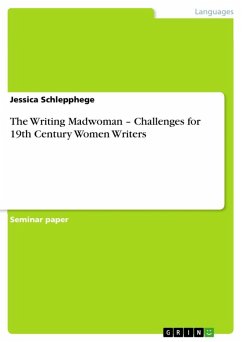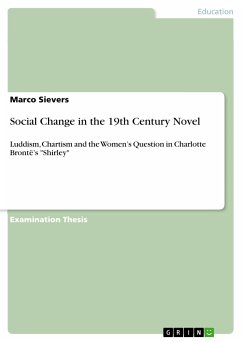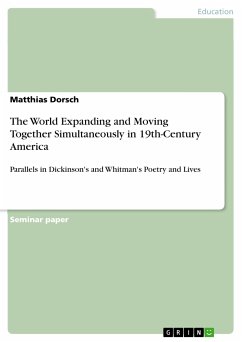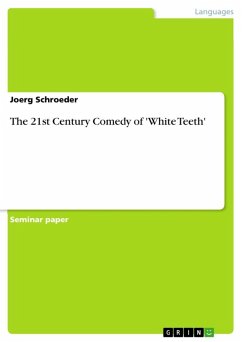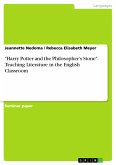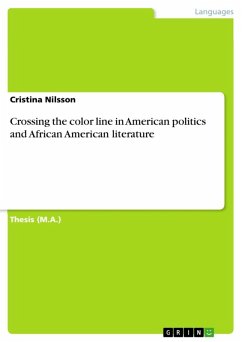Seminar paper from the year 2009 in the subject Didactics for the subject English - History of Literature, Eras, grade: 1,0, University of Education Heidelberg, course: Gender and Literature, language: English, abstract: 1. INTRODUCTION "Like the minority writer, the female writer exists within an inescapable condition of identity which distances her from the mainstream of the culture and forces her either to stress her separation from the masculine literary tradition or to pursue her resemblance to it". Lynn Sukenick (In: Miller 1985, 356) Could madness have been a means of 'liberation' for 19th century female writers? Goodman et al (1996, 110) raise this legitimate question while leaving open the question of whether or not the writer herself is considered mad or if she is writing about madness. No matter which approach one chooses, the question remains why women of this century should apply such drastic methods at all. Why would madness be considered a means of liberation for female writers? In this paper I will explore the reasons why 19th century women may more likely have become mad than men in the same time period. I will discuss the issue of mad female writers as well as the appearance of madness in their texts, and finally focus on strategies that female writers applied in order to be heard (or read) in a male dominated literary environment.
Dieser Download kann aus rechtlichen Gründen nur mit Rechnungsadresse in A, B, BG, CY, CZ, D, DK, EW, E, FIN, F, GR, HR, H, IRL, I, LT, L, LR, M, NL, PL, P, R, S, SLO, SK ausgeliefert werden.

